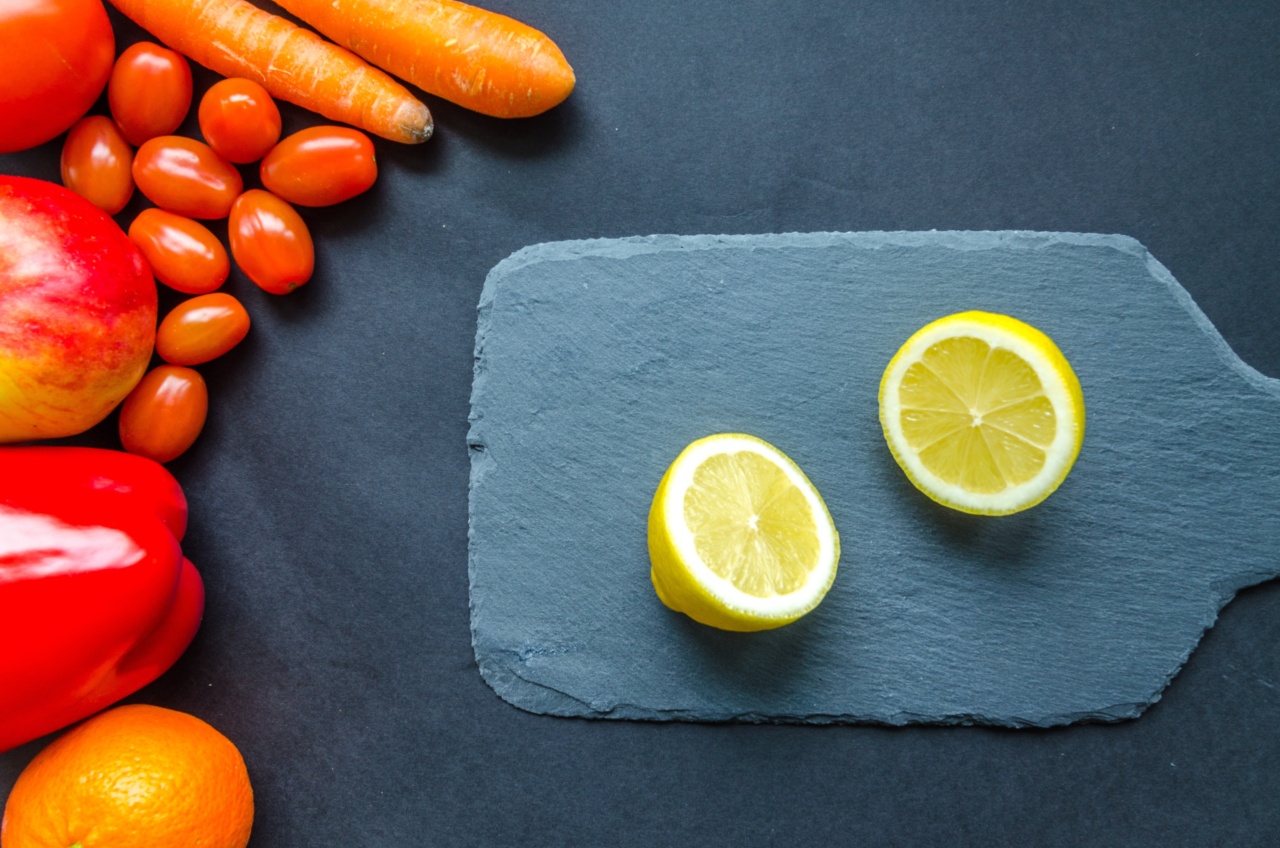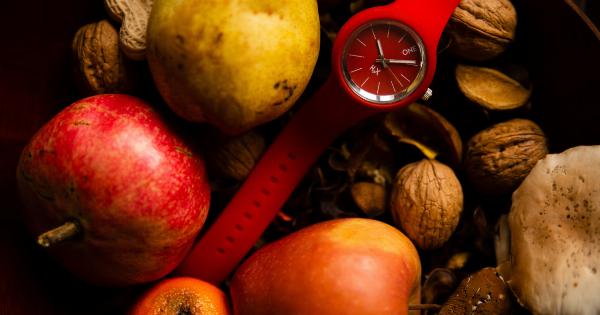Vitamin E is a fat-soluble vitamin that plays a vital role in maintaining our overall health. It is an antioxidant that protects our cells from oxidative damage caused by free radicals.
Vitamin E also helps boost our immune system, promote healthy skin and hair, and prevents blood clotting. The recommended daily intake of vitamin E for adults is 15 milligrams. Despite its importance, there are still many people who do not meet the daily requirements for this vitamin. Here we have listed the top 30 vitamin E-rich foods to add to your diet:.
1. Almonds
Almonds are one of the best sources of vitamin E. A 100-gram serving of almonds provides 25 milligrams of vitamin E, which is more than 100% of the recommended daily intake.
Almonds are also high in fiber, protein, healthy fats, and other vitamins and minerals.
2. Sunflower seeds
A 100-gram serving of sunflower seeds provides 36.6 milligrams of vitamin E, which is more than 200% of the recommended daily intake. Sunflower seeds are also a good source of protein, healthy fats, and other vitamins and minerals.
3. Hazelnuts
Another great source of vitamin E is hazelnuts. A 100-gram serving of hazelnuts provides 15 milligrams of vitamin E, which is approximately 100% of the recommended daily intake.
Hazelnuts are also high in healthy fats, protein, and other vitamins and minerals.
4. Avocado
Avocado is a nutrient-dense fruit that is rich in vitamin E, healthy fats, fiber, and other vitamins and minerals. A whole avocado provides 4.17 milligrams of vitamin E, which is more than 25% of the recommended daily intake.
5. Broccoli
Broccoli is a cruciferous vegetable that is high in vitamin E, fiber, and other nutrients. A 100-gram serving of broccoli provides 0.78 milligrams of vitamin E, which is more than 5% of the recommended daily intake.
6. Spinach
Spinach is a leafy green vegetable that is loaded with nutrients, including vitamin E. A 100-gram serving of spinach provides 1.65 milligrams of vitamin E, which is approximately 11% of the recommended daily intake.
7. Kiwi
Kiwi is a delicious fruit that is packed with vitamin E, vitamin C, fiber, and other nutrients. A whole kiwi provides 0.31 milligrams of vitamin E, which is more than 2% of the recommended daily intake.
8. Mango
Mango is a tropical fruit that is high in vitamin E, fiber, and other nutrients. A 100-gram serving of mango provides 0.9 milligrams of vitamin E, which is approximately 6% of the recommended daily intake.
9. Sweet potato
Sweet potato is a root vegetable that is rich in vitamin E, fiber, and other vitamins and minerals. A 100-gram serving of sweet potato provides 0.26 milligrams of vitamin E, which is more than 1% of the recommended daily intake.
10. Swiss chard
Swiss chard is a leafy green vegetable that is high in vitamin E, fiber, and other nutrients. A 100-gram serving of Swiss chard provides 1.89 milligrams of vitamin E, which is approximately 13% of the recommended daily intake.
11. Papaya
Papaya is a tropical fruit that is loaded with vitamin E, vitamin C, fiber, and other nutrients. A 100-gram serving of papaya provides 0.3 milligrams of vitamin E, which is approximately 2% of the recommended daily intake.
12. Peanut butter
Peanut butter is a popular spread that is rich in vitamin E, protein, healthy fats, and other nutrients. A 100-gram serving of peanut butter provides 9.1 milligrams of vitamin E, which is more than 60% of the recommended daily intake.
13. Wheat germ oil
Wheat germ oil is a plant-based oil that is rich in vitamin E and other nutrients. A tablespoon of wheat germ oil provides 20.3 milligrams of vitamin E, which is more than 100% of the recommended daily intake.
14. Trout
Trout is a freshwater fish that is high in vitamin E, omega-3 fatty acids, and other nutrients. A 100-gram serving of trout provides 2.8 milligrams of vitamin E, which is approximately 19% of the recommended daily intake.
15. Olive oil
Olive oil is a healthy fat that is rich in vitamin E and other nutrients. A tablespoon of olive oil provides 1.9 milligrams of vitamin E, which is more than 10% of the recommended daily intake.
16. Butternut squash
Butternut squash is a winter squash that is loaded with vitamin E, fiber, and other nutrients. A 100-gram serving of butternut squash provides 0.4 milligrams of vitamin E, which is more than 2% of the recommended daily intake.
17. Red pepper
Red pepper is a colorful vegetable that is high in vitamin E, vitamin C, and other nutrients. A 100-gram serving of red pepper provides 1.58 milligrams of vitamin E, which is approximately 10% of the recommended daily intake.
18. Asparagus
Asparagus is a nutrient-dense vegetable that is high in vitamin E, fiber, and other nutrients. A 100-gram serving of asparagus provides 1.1 milligrams of vitamin E, which is approximately 7% of the recommended daily intake.
19. Beet greens
Beet greens are the edible leaves of beets and are high in vitamin E, fiber, and other nutrients. A 100-gram serving of beet greens provides 1.47 milligrams of vitamin E, which is approximately 10% of the recommended daily intake.
20. Kale
Kale is a leafy green vegetable that is loaded with nutrients, including vitamin E. A 100-gram serving of kale provides 1.54 milligrams of vitamin E, which is approximately 10% of the recommended daily intake.
21. Turnip greens
Turnip greens are the edible leaves of turnips and are high in vitamin E, fiber, and other nutrients. A 100-gram serving of turnip greens provides 1.55 milligrams of vitamin E, which is approximately 10% of the recommended daily intake.
22. Mustard greens
Mustard greens are a leafy green vegetable that is high in vitamin E, fiber, and other nutrients. A 100-gram serving of mustard greens provides 1.7 milligrams of vitamin E, which is approximately 11% of the recommended daily intake.
23. Pine nuts
Pine nuts are a type of nut that is high in vitamin E, protein, healthy fats, and other nutrients. A 100-gram serving of pine nuts provides 9.33 milligrams of vitamin E, which is more than 60% of the recommended daily intake.
24. Mango juice
Mango juice is a delicious source of vitamin E that is high in antioxidants and other nutrients. A 100-gram serving of mango juice provides 0.22 milligrams of vitamin E, which is approximately 1% of the recommended daily intake.
25. Whole wheat bread
Whole wheat bread is a nutritious source of vitamin E, fiber, and other nutrients. A 100-gram serving of whole wheat bread provides 0.55 milligrams of vitamin E, which is approximately 4% of the recommended daily intake.
26. Shrimp
Shrimp is a type of seafood that is high in vitamin E, protein, and other nutrients. A 100-gram serving of shrimp provides 2.2 milligrams of vitamin E, which is approximately 15% of the recommended daily intake.
27. Tomatoes
Tomatoes are a colorful vegetable that is high in vitamin E, vitamin C, and other nutrients. A 100-gram serving of tomatoes provides 0.54 milligrams of vitamin E, which is approximately 4% of the recommended daily intake.
28. Cod liver oil
Cod liver oil is a type of fish oil that is rich in vitamin E, omega-3 fatty acids, and other nutrients. A tablespoon of cod liver oil provides 2.6 milligrams of vitamin E, which is more than 15% of the recommended daily intake.
29. Soybean oil
Soybean oil is a plant-based oil that is high in vitamin E and other nutrients. A tablespoon of soybean oil provides 3.2 milligrams of vitamin E, which is more than 20% of the recommended daily intake.
30. Tuna
Tuna is a type of fish that is high in vitamin E, protein, and other nutrients. A 100-gram serving of tuna provides 1.3 milligrams of vitamin E, which is approximately 9% of the recommended daily intake.
Final Thoughts
Vitamin E is an important nutrient that we should incorporate into our daily diet to maintain good health. These 30 vitamin E-rich foods are easily accessible and can be added to your daily meals in various ways.
With a little creativity and effort, you can ensure that your body receives the optimal amount of vitamin E to stay healthy.































